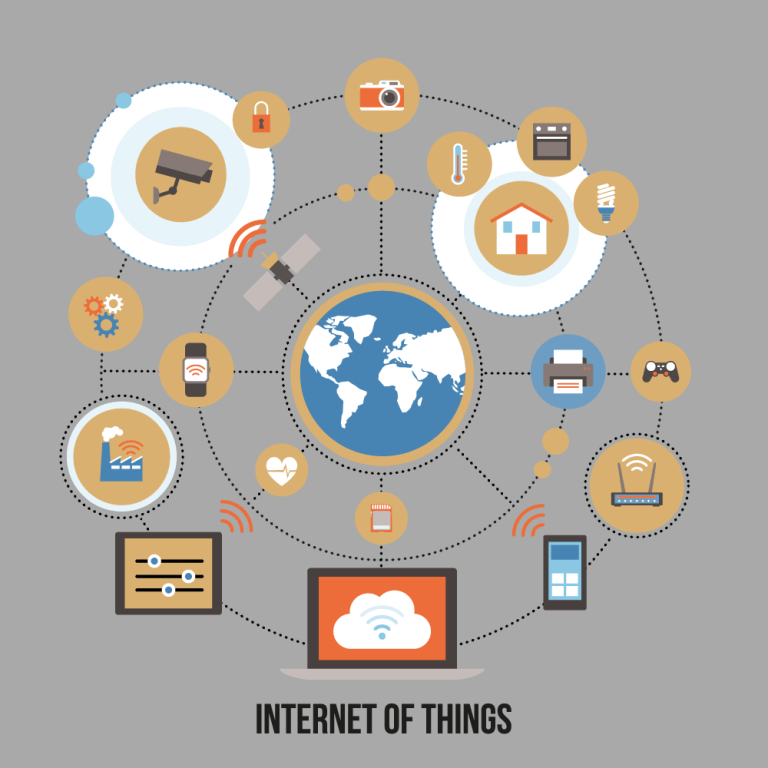
The Internet of Things (IoT) is changing all aspects of our lives, how we live, how we work, how we get value from our belongings and assets, and even how governments and societies function. The connectivity layer for the IoT is usually provided by the telecommunications system, which means it will consequently become part of an ecosystem.
Until today, the telecoms industry has, as a whole, focused on making money out of customers. In the emerging IoT-enabled world, companies will succeed by working in partnership with customers to generate value for both parties by thinking about all these issues and possibilities.
Telecoms operators will need to improve their analytics capacity to generate insights into network issues faster — or even before they happen, to enable predictive maintenance to improve network quality and also to keep the cost down. Trustworthy network services delivery requires effective decision making, followed by action. Automation and real-time analytics capabilities will be even more imperative in the networks based on new technologies like 5G, where quality and intelligence capacity are crucial necessities for vitally safe services such as autonomous cars, heart rate surveillance or diabetes pumps. The effects of which would be catastrophic should a mistake be made
The data that is generated from mobile devices and wearables connected to mobile and other telecoms networks has massive potential in other sectors, which some operators have started to explore. Means that the traditional concept of the “telecoms ecosystem” may soon become as outdated as the idea of just having a landline. The telecoms ecosystem for some operators’ partners in insurance and smart homes are all connected via the IoT and the potential for increasing value is seemingly endless
Telecoms networks could be the glue in joining together the IoT. The mobile interface is increasingly the choice for customers around the world to connect and access services. This provides telecoms operators with the wonderful opportunity to drive real value. By connecting devices and services through a single interface, a hub, the telecoms system provides customers with both freedom and control over their lives.
We know there will be a lot of changes in telecoms with the IoT, and sadly it’s more than likely we will see some interruption and disruption. We are unable to predict know what will change and what new business models companies may or may not see. A tolerance of uncertainty will be very important over the next few years and this is also linked to trial, error and experimentation.
Another somewhat controversial area that has brought about difficulties in the past is the concept of data ownership and who has the right to use such data. Discussions about whether data belongs to the customer, the telecoms operator, the app developer or the device manufacturer are all too common. A willingness to work together and move beyond such issues is important in ensuring value for individuals and business alike, to create a bright future on global scale.